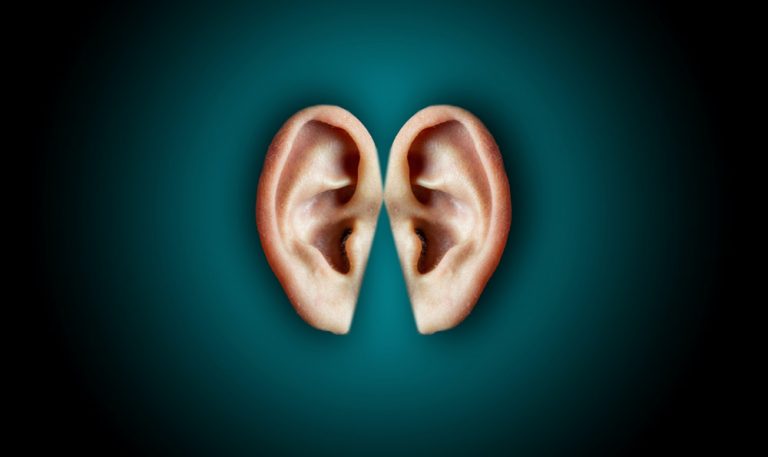Greetings, fellow tinnitus warriors! Have you ever wondered how some people seem to coexist peacefully with their tinnitus, while others struggle to find relief? The secret ingredient is habituation – the process of getting used to the ringing or buzzing so that it becomes less noticeable and bothersome. But wait, there’s more! The real star behind habituation is our brain’s incredible ability to adapt, known as neuroplasticity. Let’s delve into how neuroplasticity and habituation join forces to help you take control of your tinnitus.
- The Power of Neuroplasticity: The Brain’s Superpower Neuroplasticity is our brain’s amazing ability to change, adapt, and rewire itself throughout our lives. This means that our brain is constantly learning, adjusting, and forming new connections to help us adapt to new situations – including dealing with that pesky tinnitus. Essentially, neuroplasticity is like a superhero that swoops in and saves the day when our brain needs a little extra help.
- Habituation: Making Friends with Tinnitus Before we link neuroplasticity to habituation, let’s get cozy with the concept of habituation itself. Habituation is the process by which our brain becomes accustomed to a constant stimulus (like tinnitus) to the point that it no longer bothers us. It’s like getting used to a noisy neighbor – at first, it’s annoying, but over time, you learn to live with it.
- The Dynamic Duo: Neuroplasticity and Habituation So, how do neuroplasticity and habituation work together to help you manage your tinnitus? As your brain’s neuroplasticity kicks in, it starts rewiring itself and forming new connections to help you adapt to the constant presence of tinnitus. This allows you to shift your focus away from the ringing or buzzing and onto more important things in your life. As a result, your perception of tinnitus becomes less bothersome and more of a background noise.
- Tips to Boost Neuroplasticity and Promote Habituation Now that we know how neuroplasticity and habituation work together, let’s talk about some strategies to support this dynamic duo:a. Sound therapy: Introducing soothing background sounds can help your brain shift focus away from tinnitus, making it easier to habituate.b. Mindfulness and relaxation techniques: Practicing mindfulness and relaxation can help reduce stress and anxiety, which in turn helps your brain rewire itself more effectively. c. Cognitive Behavioral Therapy (CBT): CBT can help you identify and reframe negative thoughts and beliefs about tinnitus, promoting habituation and positive neuroplastic changes. d. Stay socially and mentally active: Engaging in social activities, learning new skills, and challenging your brain can help enhance its neuroplastic abilities.
- Patience and Persistence: The Keys to Success Remember that habituation and neuroplasticity are not overnight miracles. It takes time, patience, and persistence to see noticeable changes. Be kind to yourself and trust the process, knowing that your brain is working hard behind the scenes to help you adjust to life with tinnitus.








